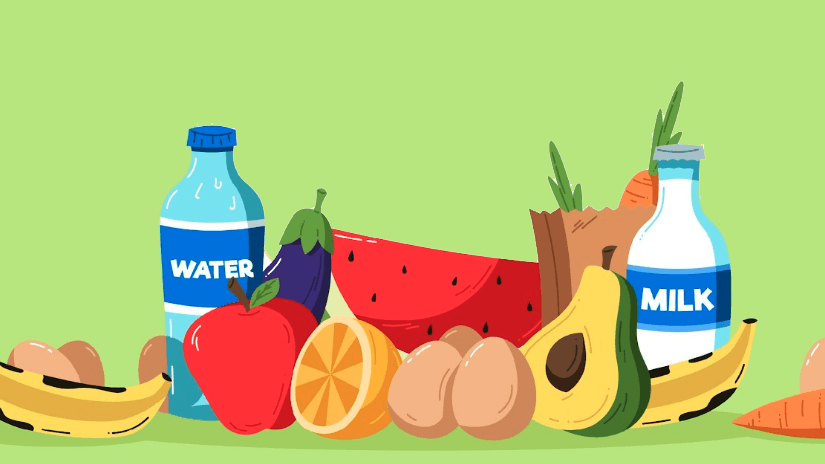
Most couples want to put themselves in the best condition possible to conceive. However, promoting a healthy diet and lifestyle is not just for the female that is carrying the child, but for the male as well. After all, the sperm also contributes half of your future baby’s DNA. In the journey of boosting your fertility, we have put together 10 strategies to achieve such a goal.


Preconception Check-up
This is a great place to start prior to trying for conceive to make sure your health is in optimal shape. You may visit your doctor or gynae for a preconception blood test including an STD check, hormone test, nutritional profile (Vitamin D, iron, folate), thyroid studies and more. Get professional advice from your health care provider as they can guide you through which tests are necessary depending on your medical history.


Improve egg and sperm quality
Good quality egg and sperm are crucial for successful pregnancy. The quality of egg and sperm can be impacted by several internal and external factors. Our diet patterns, exercise, hormones, age, and genetics play a part in the health of our reproductive cells. Hence, improving your lifestyle and adhering to an eating pattern that is rich in vegetables, fruits, wholegrains, unsaturated fats and plant-based protein help to fuel the quality of egg and sperm, which increase the chances of conceiving.


Get your prenatal supplementation
On top of adopting a healthy diet, get a prenatal supplement to cover any nutritional gaps in your diet. Start taking prenatal supplements 3 months prior to conceiving to nourish your body. As part of prenatal supplementation, ensure to include a 400mcg of folic acid which is important to prevent birth defects. Additional essential supplements are to be taken include vitamin D, coQ10 and Omega3. You may consult your trusted doctor to find out what is best for you.


Manage any underlying health conditions
Several conditions such as diabetes, endometriosis, polycystic ovarian syndrome (PCOS) and thyroid conditions may impact your ability to conceive. Work with your doctor to manage your health condition. You may also speak to a dietitian for any specific diet required to optimise your nutrition.


Weight management
Overweight and obesity are increasing in Malaysia and have negative influences on human body functions including reproductive health. Females who are overweight or obese often suffer from irregular menses, leading to anovulation and infertility, increased risk of miscarriage plus increased risk of complications during pregnancy. Equally, having fat stores that are too low can impact on ovulation, causing trouble in conceiving. Male who have high body fat pose detrimental effects on the sperm quality as well.
Weight management programs through lifestyle modifications are proven to restore menstrual regularity and improve the likelihood of conception. Speak to a dietitian to help you manage your weight in a realistic and sustainable way, at the same time maximising your preconception health.

Hydrate yourself
The level of hydration can affect the volume and viscosity of semen. Cervical mucus from females are composed of water too. Both are responsible for supporting sperm’s transit to the egg. All liquids count towards your daily fluid intake. Plain water should be your main source of hydration.


Prioritise sleep!
Adequate sleep of 7-8 hours is crucial for the health of our eggs and sperm. Melatonin, also known as the sleep hormone, regulates our sleep pattern and also acts as an antioxidant to protect out egg and sperm from oxidative stress and damage.


Reduce your stress load
Persistently high stress levels not only impact on our hormone levels, but increases inflammation and oxidative stress leading to changes in follicle development, menstruation and impact fertility. One of the ways to reduce stress like regular exercise helps to reduce stress level and reduces inflammation in the body.

Reduce endocrine disrupting chemical (EDC) exposure
Increased use of manmade plastic not only affects the environment but also interacts with hormone function in males and females. Swap out plastic containers or utensils for stainless steel, ceramic, or glass options.

Seek professional help
If you have difficulty trying to conceive, feeling stuck, confused or wanting to find out more about your fertility and conception options, seek support from your doctor, support counsellor or other qualified health professionals to provide you a proper diagnosis and fertility advice.
